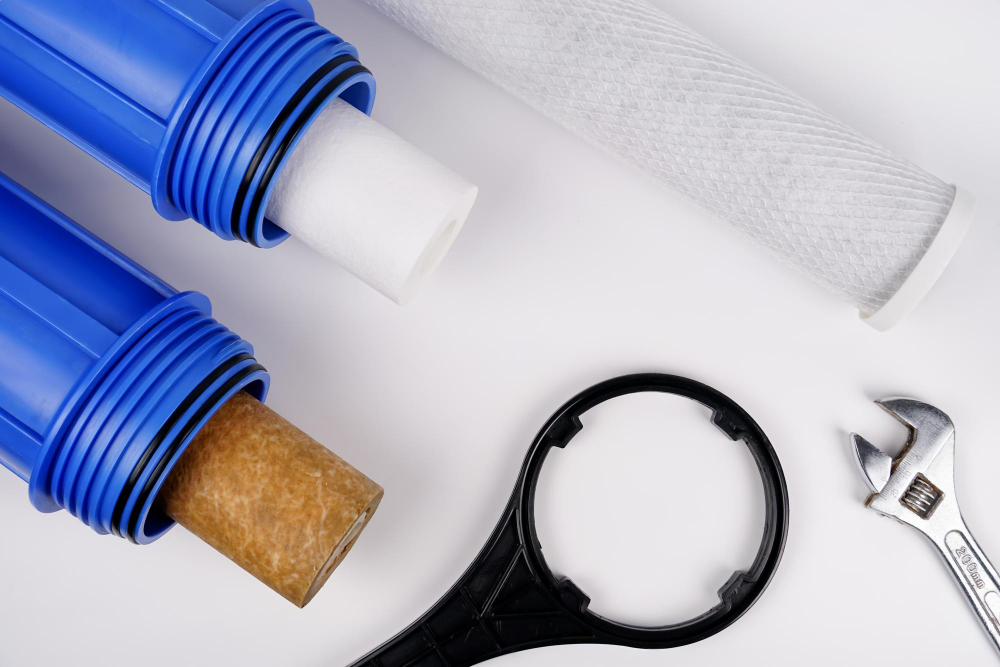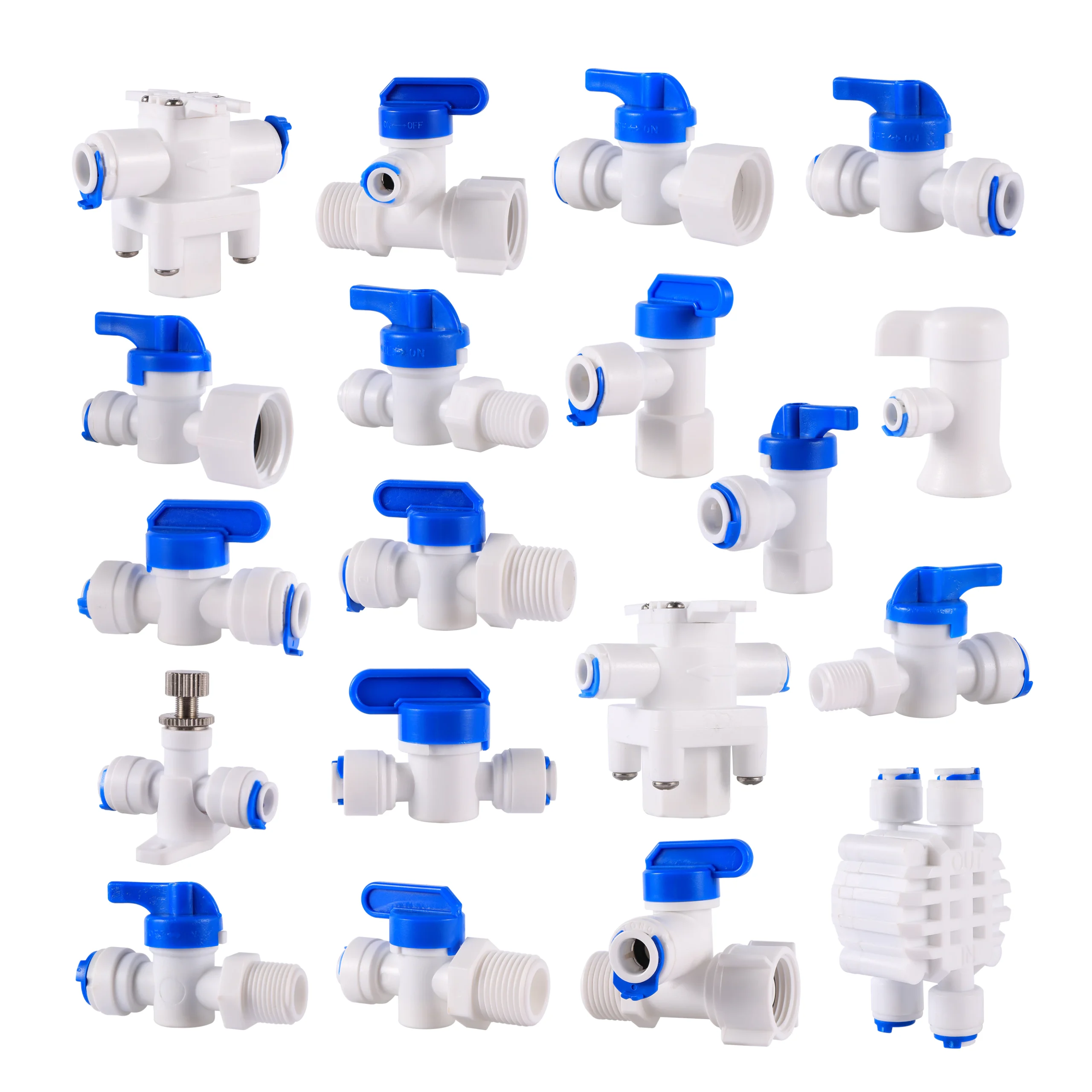What is Demineralized Water?

Are you curious about demineralized water but aren’t sure if it’s right for you? Demineralized water is simply water that has had most of its mineral content removed. While demineralized water is necessary in certain industrial and commercial applications, most of the tap water entering your home contains dissolved minerals.
Before choosing to remove the minerals in the water, you should understand what those minerals are, how they are removed, and what the impact of the removal process is. In a residential setting, the most effective method of creating demineralized water is through the use of a reverse osmosis filtration system. Not only does reverse osmosis remove the minerals and salts from water, but it also removes a wide array of other contaminants from your water.
What is Demineralized Water?
Not sure what is demineralized water? You may not realize most of the water you drink has some mineral content in it. Those minerals and salts are picked up by water as it percolates through the ground and soil.
The mineral content of the water is determined by the types of soil it moves through. If the ground is rich in limestone, your water will contain higher levels of calcium carbonate. Your water will also pick up salts and metals in addition to minerals. These minerals, salts, and metals collectively are referred to as the total dissolved solids (TDS) in water.
Demineralized water has had most, if not all, of these minerals, salts, and metals removed from it. This alters the water in important ways.

Effects of Demineralizing Water
The mineral content in water can damage equipment in industrial settings, alter the PH of soil in agricultural settings, or alter the final product in pharmaceutical production. Demineralized water offers a more neutral starting point for the production of medicines, gives agricultural growers greater control over their crops, and protects industrial equipment and boilers from damaging salts and minerals.
In a residential setting, the mineral content of water can shorten the lifespan of your water heater, dishwasher, or coffee pot. You’ll also see the mineral content of water left as whitish-gray deposits on surfaces that come into contact with water, such as in your bathroom or kitchen. These mineral deposits are known as scaling.
The mineral content in hard water leads to the formation of soap scum, which occurs when the minerals in hard water react with soap to create a stubborn film. Showering in hard water you’ll notice your soap doesn’t produce a satisfying lather, and it will be more difficult to wash the soap out of your hair or off your skin. Hair and clothes become more brittle when washed in hard water because of this mineral content.
When the mineral content of water is removed the taste is altered as well. This tends to be one of the most controversial aspects of demineralized water. Though you may not have ever thought about how your water tastes, several key factors affect the taste of water. The mineral content of the water, the presence of any disinfectants used in water treatment, and the presence of volatile organic compounds or gases can all alter the taste of water in important ways.


 Yedek Parçalar
Yedek Parçalar